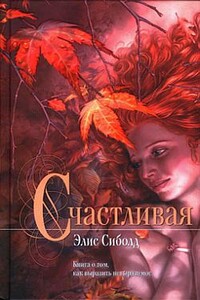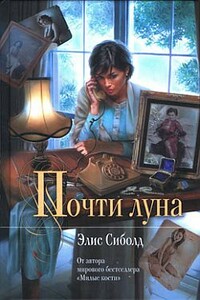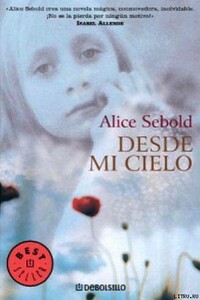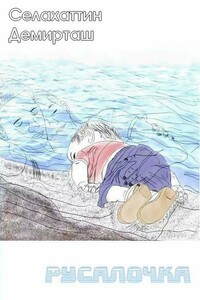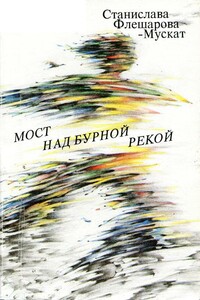When my father woke up at four A.M., the house was quiet. My mother lay beside him, lightly snoring. My brother, the only child, what with my sister attending the symposium, was like a rock with a sheet pulled up over him. My father marveled at what a sound sleeper he was – just like me. While I was still alive, Lindsey and I had had fun with that, clapping, dropping books, and even banging pot lids to see if Buckley would wake up.
Before leaving the house, my father checked on Buckley – to make sure, to feel the warm breath against his palm. Then he suited up in his thin-soled sneakers and light jogging outfit. His last task was to put Holiday’s collar on.
It was still early enough that he could almost see his breath. He could pretend at that early hour that it was still winter. That the seasons had not advanced.
The morning dog walk gave him an excuse to pass by Mr. Harvey’s house. He slowed only slightly – no one would have noticed save me or, if he had been awake, Mr. Harvey. My father was sure that if he just stared hard enough, just looked long enough, he would find the clues he needed in the casements of the windows, in the green paint coating the shingles, or along the driveway, where two large stones sat, painted white.
By late summer 1974, there had been no movement on my case. No body. No killer. Nothing.
My father thought of Ruana Singh: “When I was sure, I would find a quiet way, and I would kill him.” He had not told this to Abigail because the advice made a sort of baseline sense that would frighten her into telling someone, and he suspected that someone might be Len.
Ever since the day he’d seen Ruana Singh and then had come home to find Len waiting for him, he’d felt my mother leaning heavily on the police. If my father said something that contradicted the police theories – or, as he saw them, the lack of them – my mother would immediately rush to fill the hole left open by my father’s idea. “Len says that doesn’t mean anything,” or, “I trust the police to find out what happened.”
Why, my father wondered, did people trust the police so much? Why not trust instinct? It was Mr. Harvey and he knew it. But what Ruana had said was when I was sure. Knowing, the deep-soul knowing that my father had, was not, in the law’s more literal mind, incontrovertible proof.
The house that I grew up in was the same house where I was born. Like Mr. Harvey’s, it was a box, and because of this I nurtured useless envies whenever I visited other people’s homes. I dreamed about bay windows and cupolas, balconies, and slanted attic ceilings in a bedroom. I loved the idea that there could be trees in a yard taller and stronger than people, slanted spaces under stairs, thick hedges grown so large that inside there were hollows of dead branches where you could crawl and sit. In my heaven there were verandas and circular staircases, window ledges with iron rails, and a campanile housing a bell that tolled the hour.
I knew the floor plan of Mr. Harvey’s by heart. I had made a warm spot on the floor of the garage until I cooled. He had brought my blood into the house with him on his clothes and skin. I knew the bathroom. Knew how in my house my mother had tried to decorate it to accommodate Buckley’s late arrival by stenciling battleships along the top of the pink walls. In Mr. Harvey’s house the bathroom and kitchen were spotless. The porcelain was yellow and the tile on the floor was green. He kept it cold. Upstairs, where Buckley, Lindsey, and I had our rooms, he had almost nothing. He had a straight chair where he would go to sit sometimes and stare out the window over at the high school, listen for the sound of band practice wafting over from the field, but mostly he spent his hours in the back on the first floor, in the kitchen building dollhouses, in the living room listening to the radio or, as his lust set in, sketching blueprints for follies like the hole or the tent.

